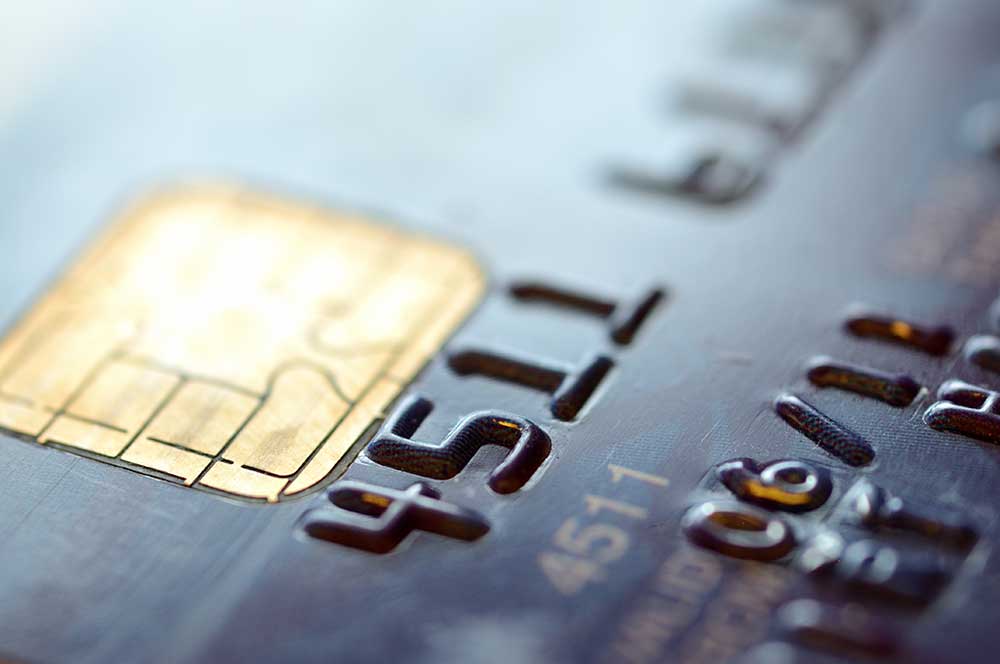
Financial stability is vital in order to feel secure and confident in your future. There are many people with steady jobs who still, because of their lack of financial savvy, live paycheck to paycheck.
Don’t want to be one of those people? Set yourself up for success by taking control of all facets of your finances. Whether you’re a techy or barely even use the internet, there are ways to keep your finances organized.
Review Your Current Situation
Make a list of your financial obligations. Include all your bills, credit card debt, insurance, and taxes. These are fixed bills that you must pay. Then add your “soft bills” like your salon bill and gym membership. Be completely honest so you build a clear picture of where your money is going.
- High Tech: The free Mint appcan help you create a list of your bills.
- Low Tech: Pencil and paper!

Track Your Spending
Now you need to dig into your everyday spending, because that’s often what hinders us from having more money. Record every dollar you spend, along with the date and location it’s spent. This action may uncover habits you don’t even realize you have that suck money from your pocket.
- High Tech: Spendeeis a great expense tracker with tons of bells and whistles
- Low Tech: Use the Notes section on your smart device, or an Excel spreadsheet.
Build a Budget
Use the information you’ve learned about your bills and spending habits to map out where you want to spend your money. Add the fixed bills like your mortgage and car payment first, and then the other fixed bills. Divide your remaining monthly income into spending and saving. Even if you can only save a bit every month, make it a priority. A nest egg is key in handling unforeseen emergencies without going into credit card debt.
- High Tech: TheDollarbird app is a wonderful tool to help you stick to a budget.
- Low Tech: Using envelopesto proactively section out your budget is clever and effective.
Plan for Big Expenses
Sticking to a budget isn’t easy, and an expensive car repair bill or an expensive illness can blow it out of the water. Save an emergency fund, and then set aside money each month for long-range plans. A new car, vacation, refrigerator, and bathroom renovation all fall in this category.
- High Tech: Tip Yourselfis an app that lets you send yourself money. You can choose when and how much to add to your savings “tip jar.”
- Low Tech: Open a separate savings account and have money automatically withdrawn from your checking account every month.

Set Financial Goals
Once you are following a budget (most of the time) and understand where your paycheck goes, it’s time to take it a step further. Are you saving for retirement? A new home? A big vacation? Whatever it is, take action to achieve it by adding it to your financial plans.
Create a line item in your monthly budget and “pre-pay” it as if it were a bill. If it’s for retirement, check out your employer’s plan and take advantage of any company match. You may even be able to contribute pre-tax income to it.
Analyze Successes and Failures
Budgets are not set-them-and-forget-them. Revisit your budget periodically and see where you are succeeding and where you fall short. If you can’t give up dining out on the weekend, then build that expense into the budget. That means, however, that you need to scrimp on something else.
Organize Your Bills
Make a commitment to pay your bills the day they arrive. Set up online payment options through your bank and send them all in well before the due date. Add calendar reminders on your smart device to notify you of each bill a week before its due. It’s also smart to sign up for emailed bills instead of waiting for a paper bill, which usually takes longer to receive.
Watch Your Credit Report
Once every 12 months, you can pull your credit for free on www.annualcreditreport.com. Look at it line by line and make sure your payment history and balances are correct. Immediately dispute any errors and any accounts that you did not open. Proactively watching your credit keeps it pristine and ready when you want to buy a new house or car.
Making sure your finances are organized is one of the best actions you can take for you and your family. Whether you prefer low-tech or high-tech methods doesn’t matter – as long as you commit to them for the long term. Over time, sensible money management will become a habit and you will reap the benefits of a healthy savings and bright future!
![Mortgage Investors Group in [Dynamic1]](../assets/images/mortgage-investors-group.svg)


